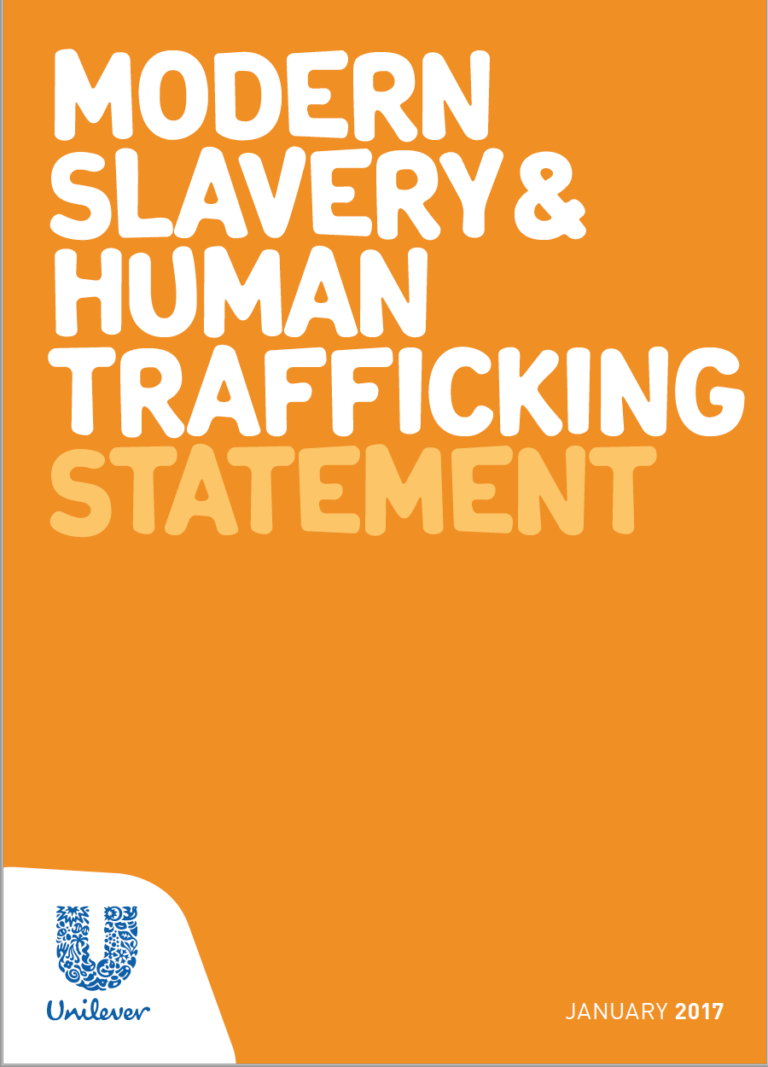A Policy Framework for Tackling the Economic and Social Impact of the COVID-19 crisis
COVID-19 resourcesStandards & Codes of ConductIn June 2019, the International Labour Organization’s (ILO’s) 187 member States adopted the ILO Centenary Declaration for the Future of Work, calling on the Organization to pursue “with unrelenting vigour its constitutional mandate for social ...Read More

